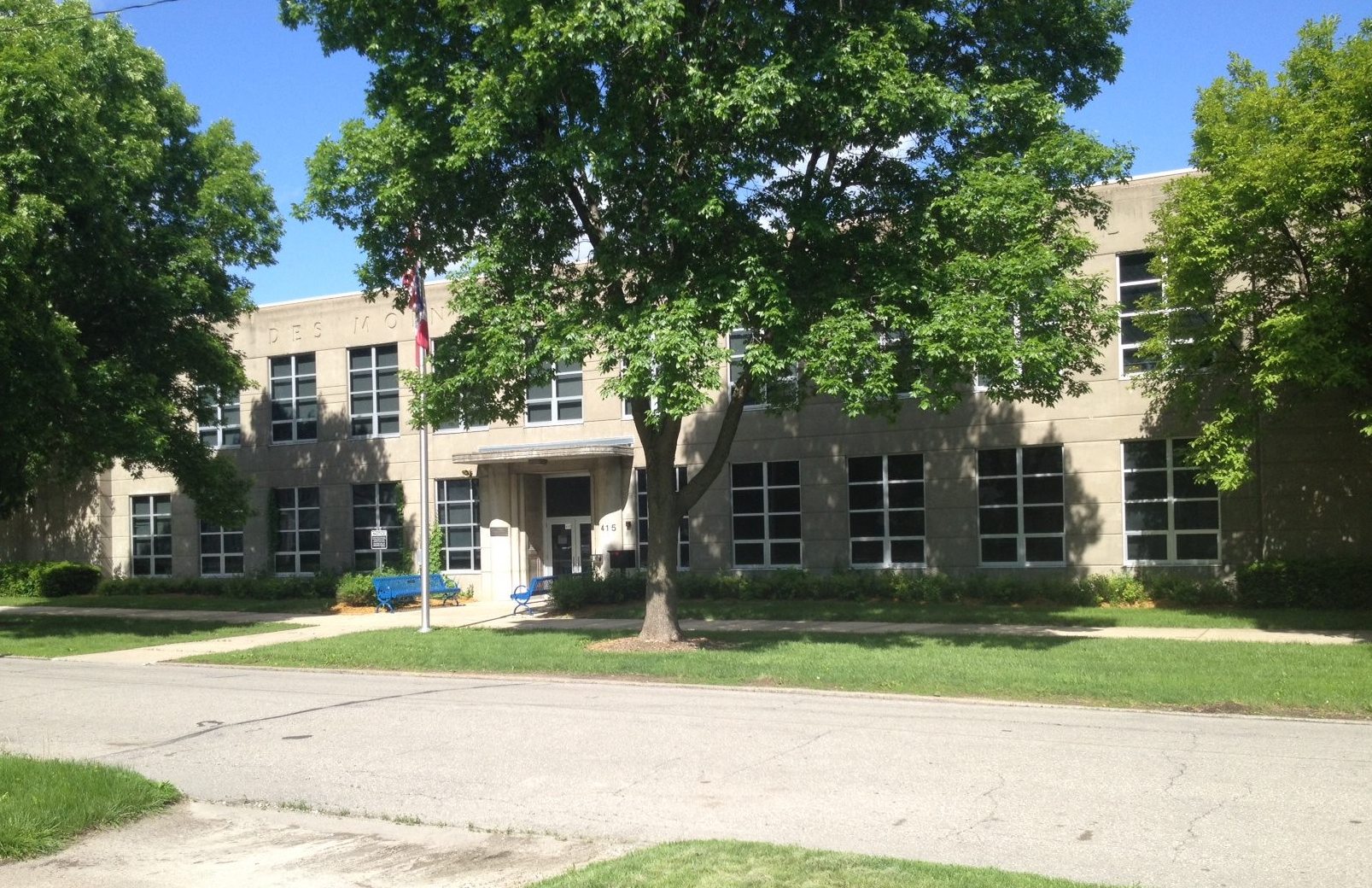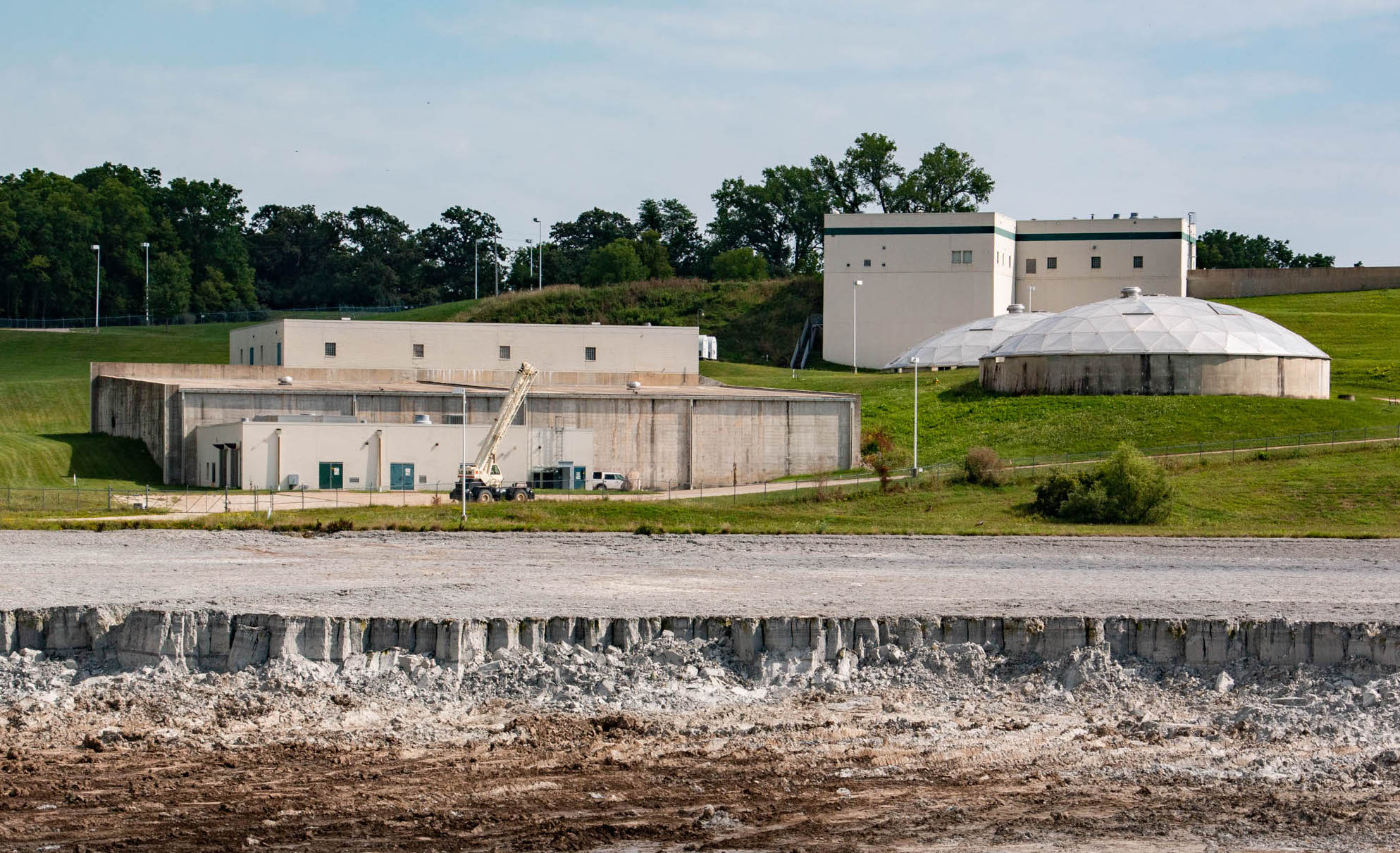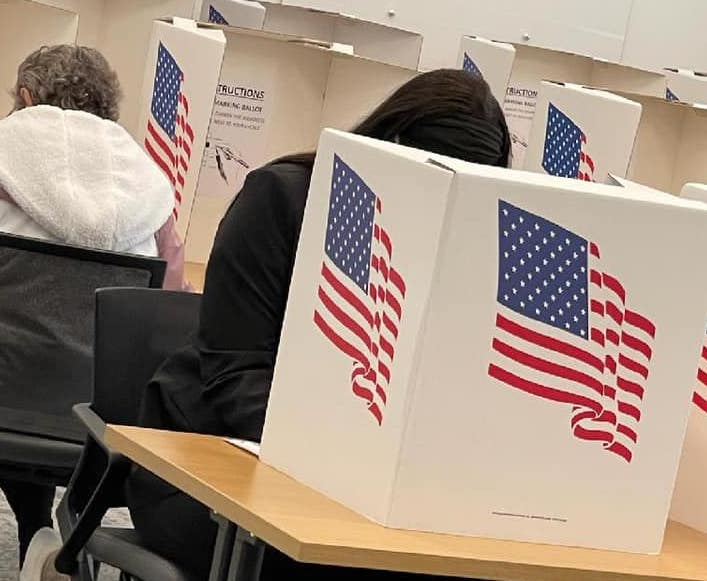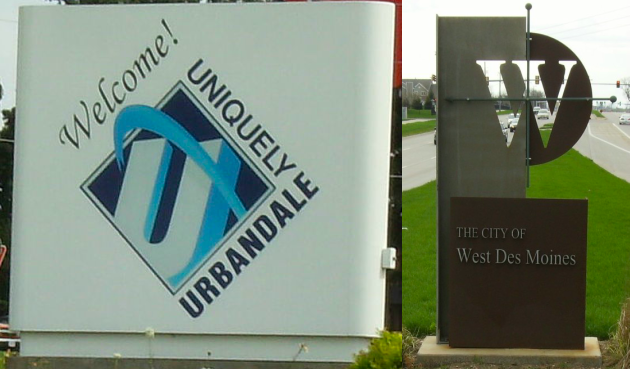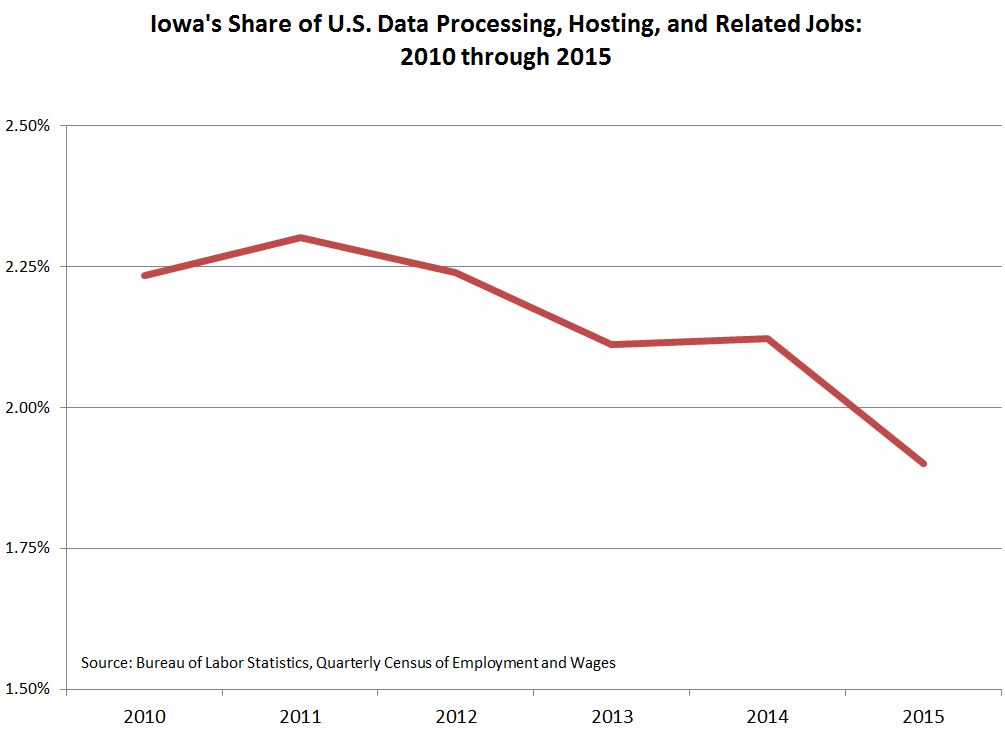Voters in Iowa’s large school districts overwhelmingly picked progressive candidates over conservatives on November 7. In many urban and suburban districts, candidates backed by local Democrats, the Iowa State Education Association (ISEA), and/or the LGBTQ advocacy group One Iowa Action ran the table, while candidates backed by activists on the religious right fell short.
The results are a rebuke to Governor Kim Reynolds and Iowa’s Republican-controlled legislature, which enacted new laws in 2023 that undermined public schools and LGBTQ students, and restricted school library books and inclusive curriculum materials.
They also show the enduring strength of the state’s largest teachers union. For many years, Iowans elected school boards in September and city councils and mayors in November. The GOP trifecta changed state law so that beginning in 2019, school board and city elections would occur on the same day. The idea was to increase local election turnout and thereby diminish the ISEA’s influence over school boards. Nevertheless, candidates backed by public educators prevailed in many of this year’s most competitive races.
One city election also underscored how unpopular book banning is with Iowans. In the notoriously conservative town of Pella, voters rejected by 2,041 votes to 1,954 (51.1 percent to 48.9 percent) a ballot measure that would have empowered the city council to overrule the public library board.
Continue Reading...

